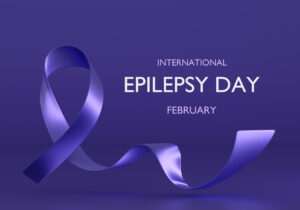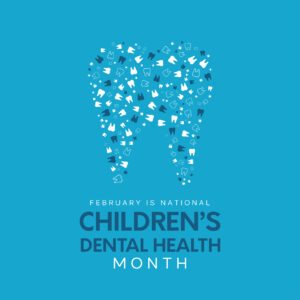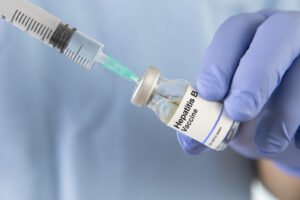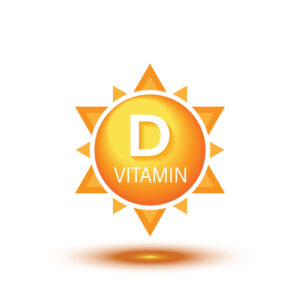 There is a new variant of the flu virus called H3N2 subclade K that is affecting the U.S. this flu season, after circulating in other countries last summer.
There is a new variant of the flu virus called H3N2 subclade K that is affecting the U.S. this flu season, after circulating in other countries last summer.
This variant is a mutated strain of H3N2, which is a subtype of influenza A. According to the Centers for Disease Control and Prevention (CDC), H3N2 is the main type of flu spreading in the U.S. as of mid-November.
Additionally, scientists from around the world have reported that H3N2 subclade K, a mutation of H3N2, has undergone several mutations, which haven’t been seen before in flu viruses. These mutations may make this new strain more severe than usual, with some experts believing that these changes could reduce how well the current flu vaccine prevents infection.
However, it is important to note that it is still recommended to receive the flu vaccine, as the CDC notes that the H3N2 subclade K strain can cause severe symptoms in older adults over the age of 65 and children under the age of five. Other people who are vulnerable to severe symptoms of the subclade K strain include:
- Anyone who is immunocompromised
- People with underlying chronic conditions such as diabetes, heart disease, or lung disease
Doctors warn that flu infections, if left untreated or not treated early enough, can increase the risk of complications such as ear infections and sinus infections, as well as more severe complications, including pneumonia, hospitalization, and even death.
In 2024, data from the CDC showed that the U.S. had the most total flu-related hospitalizations in about 15 years, and close to 280 pediatric deaths from the flu.
During this current flu season, the CDC has reported an estimate of 18 million cases, 230,000 hospitalizations, and 9,300 deaths nationwide, with 32 of those deaths being pediatric. What’s more, the CDC says that among the children eligible for the flu vaccine and with known vaccination status, 90% of pediatric deaths this season were among children not fully vaccinated against influenza.
People who are infected with the flu typically develop symptoms within one to four days after exposure. Flu symptoms include:
- Deep fatigue or tiredness
- Runny nose or stuffy nose
- Vomiting and diarrhea (in some cases, especially in children)
For most healthy people, the flu resolves within a week or two with rest and fluids. However, certain symptoms are red flags that indicate you need to seek immediate medical attention.
- Difficulty breathing or shortness of breath
- Persistent pain or pressure in the chest or abdomen
- Persistent dizziness, confusion, or inability to wake up
- Not urinating, which is a sign of severe dehydration
- A high fever that does not respond to fever-reducing medication
- Symptoms that improve but then return with a fever and worse cough
It is important to remember that getting vaccinated is the best way to prevent serious symptoms of the flu virus. There are also several steps you can take to reduce your risk of getting and spreading the flu. They include:
- Washing your hands frequently with soap and water.
- Avoiding touching your eyes, nose, and mouth.
- Staying home when you are sick to prevent the spread of the virus to others.
- Covering your cough and sneeze with a tissue or your elbow.
- Considering wearing a mask in crowded indoor spaces, especially if you are around high-risk individuals.
If you or a loved one is experiencing any flu symptoms, you can receive treatment from a neurologist at Flushing Hospital Medical Center’s Ambulatory Care Center. To schedule an appointment, please call (718) 670-5486.
All content of this newsletter is intended for general information purposes only and is not intended or implied to be a substitute for professional medical advice, diagnosis or treatment. Please consult a medical professional before adopting any of the suggestions on this page. You must never disregard professional medical advice or delay seeking medical treatment based upon any content of this newsletter. PROMPTLY CONSULT YOUR PHYSICIAN OR CALL 911 IF YOU BELIEVE YOU HAVE A MEDICAL EMERGENCY.
 Today is International Epilepsy Day, a global observance that aims to raise awareness about epilepsy.
Today is International Epilepsy Day, a global observance that aims to raise awareness about epilepsy.









